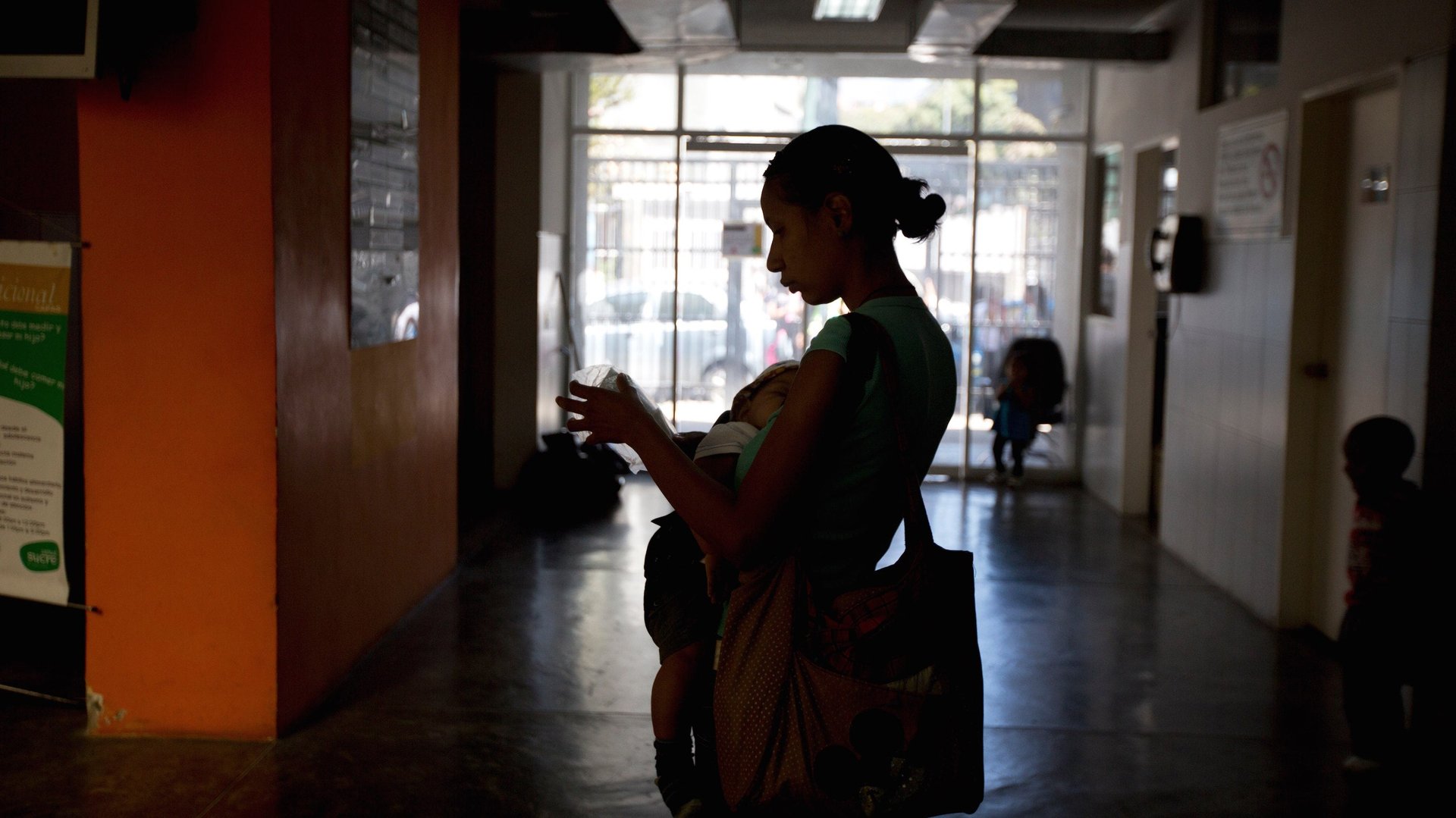Zika’s emotional and financial burden has fallen squarely on women’s shoulders
If you’re a woman in an area impacted by the Zika virus, you’ve probably received a lot of advice in recent months. Women in countries including Brazil, Colombia and El Salvador have been asked to postpone pregnancy by as much as two years. Meanwhile, the World Health Organization recommended in February that women in areas affected by Zika practice safe sex.


If you’re a woman in an area impacted by the Zika virus, you’ve probably received a lot of advice in recent months. Women in countries including Brazil, Colombia and El Salvador have been asked to postpone pregnancy by as much as two years. Meanwhile, the World Health Organization recommended in February that women in areas affected by Zika practice safe sex.
While these suggestions are well-founded, they are much easier said than done. Giselle Carino, Western Hemisphere regional director for the International Planned Parenthood Foundation, reports that 23 million women in Latin America and the Caribbean “want–but lack access to–modern contraceptive methods.” Honduras has banned all emergency contraception, she adds, and Haiti and Costa Rica don’t even have any emergency contraception medications registered with the government—a requirement for drugs to go on the market. In other areas, the cost of contraception is simply unaffordable. Bloomberg reported last year that a 36-pack of condoms in Venezuela cost $755.
These are just a few examples of the ways in which the burden of Zika has fallen disproportionately on women—particularly those in poor, rural and indigenous areas. Women in far-flung regions are less likely to have access to medical care, birth control and abortion. And if they do give birth to babies with microcephaly and other birth defects linked to Zika, they may find themselves without sufficient support—both from the government and the birth fathers.
Single moms are already relatively common in Latin America. Brazil currently counts more than 20 million single mothers. And mothers living outside of city centers like São Paulo may be up to 3.5 times more likely to be single parents, the Brazilian newspaper Estadão found.
With Zika thrown into the mix, there is a real danger that more mothers will be abandoned by their partners as the number of babies born with microcephaly multiplies. In turn, women are increasingly being left to bear the tremendous financial and emotional costs associated with raising children with special needs. As an NPR report noted earlier this year, right now Brazil has only scattered reports of abandoned mothers. But psychologist Vera Lucia Giacometti, who works with children and young adults with severe disabilities, told NPR that that number may rise dramatically in the months ahead. Partners often abandon mothers of children with disabilities when the child is one or two years old, and the true strain of caring for a growing child with special needs starts to reveal itself.
There are a few signs that governments, nonprofits and private companies are mobilizing to help women in this position. In some regions in Brazil, local governments are offering public housing and psychological assistance for the mothers of babies born with Zika. Some local governments have sent pregnant women to larger cities with more advanced clinics. And development organizations are also looking to help mitigate the Zika crisis for women. In March, Google donated $1 million to help UNICEF, which is aimed at helping mothers and children, battle Zika.
But a vaccine may still be years away, and the World Health Organization estimates that at least 2,500 babies will be born with microcephaly in Brazil before the Zika outbreak is through. It will take a far greater coordinated effort to address the devastating gender burden created by Zika. The crisis may finally force countries to “open a dialogue around the issue of abortion and women’s rights in general,” Carino says, “as well as social support and access to health services for children born with disabilities.”